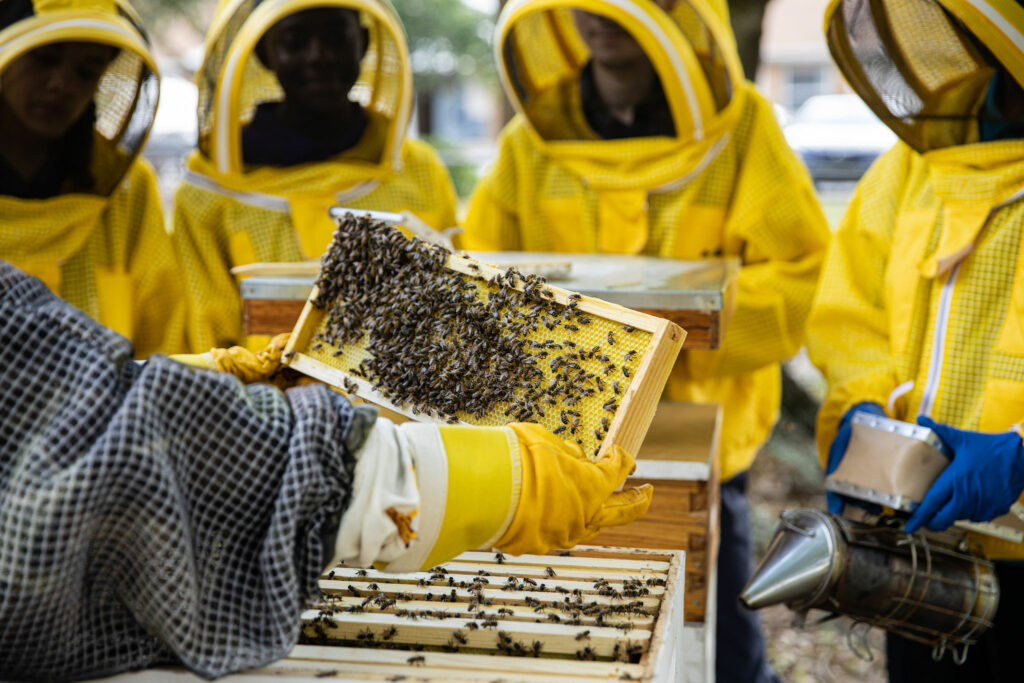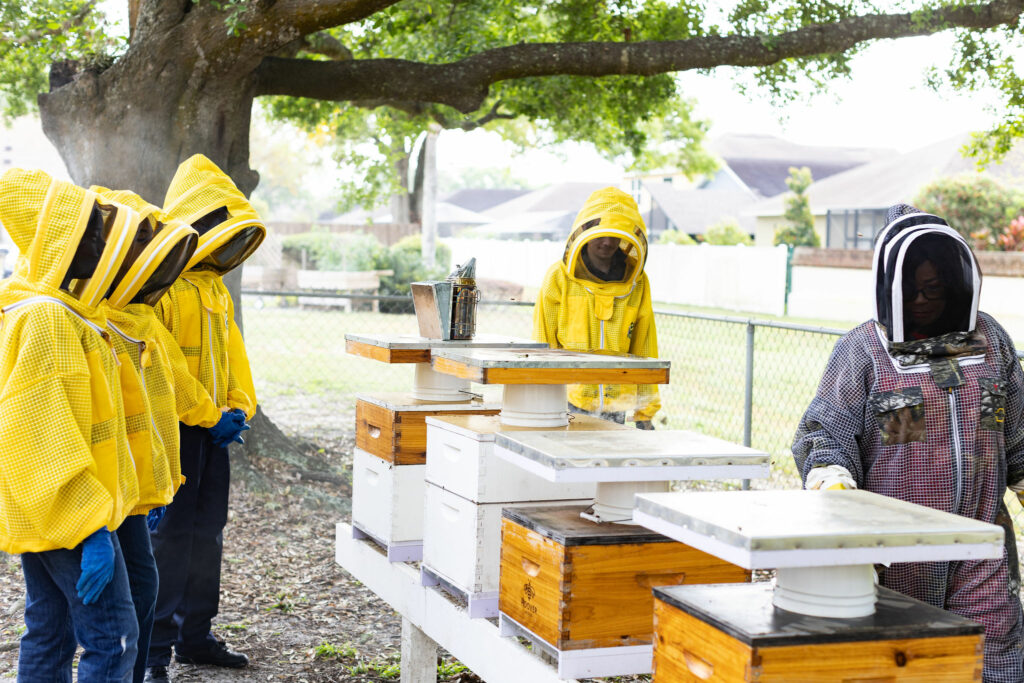Beautiful Bees Apiary

Beautiful Bees Apiary
Bees are a crucial part of human life, from helping with pollination in farms to providing honey. Bees have helped sustain human life for centuries in different ways, although their numbers have dwindled in recent years. The use of bees in therapy can be traced to ancient China and Egypt. In ancient Greek and Romans, bee venom was crucial in treating joint pain. Today, In Canada and the US, bees are reported to be dying at an alarming rate. In 2019, over 40% of bees in the US reportedly lost their colonies. In 2017, the Bumblebee was categorized as an endangered species in the US. Between 1947 and 2019, the bee population in the US was reduced by 60% (Alton& Ratnieks, 2022). Bee therapy is emerging as a potential intervention for physical and mental health needs. A wide range of illnesses can be treated with apitherapy including; arthritis, multiple sclerosis, and shingles. It can treat wounds, pain, tendonitis, and burns.
THERAPEUTIC BENEFITS
Bee Venom Therapy (BVT) is an emerging field that interests researchers. BVT is traced to ancient Greek, where it helped relieve pain because of its pain-relieving and anti-inflammatory effects (Melson & Fine, 2015). Recent research shows that BVT effectively decreases swelling, stiffness, and pain in rheumatoid arthritis. Honey has antibacterial properties; hence, it can open wounds and burns. In some cases, wildflower honey has been crucial in treating allergies. The honey smoothens sore throats and often acts as a natural cough suppressant. The honey from wildflowers contains pollens and potential allergens and can boost immunity.
Apitherapy is crucial in treating mental health. “Beekeeping therapy” is an area that researchers are exploring to address issues such as depression, anxiety, and stress. Military veterans are getting help to maintain their mental health by keeping bees. In the army, most soldiers struggle with war memories and develop PSTD. In the United States, there is a beekeeping program at Manchester Veteran Affairs medical center in New Hampshire. There are other similar programs in various locations within the United States that have positively impacted war veterans’ lives. One of the program participants, Ylitalo, says that keeping bees helps with his thinking as he can avoid remembering troubling memories from the war (Alton & Ratnieks, 2022). The buzzing nature of the bees helps patients keep away the uncontrolled and unwanted memories of the past.



MORE BENEFITS
Beekeeping is a mindful activity that requires the efforts of the keeper. There are reported cases where people with anxiety attacks have a self-soothing effect after caring for bees. When keeping bees, one has to concentrate fully and learn how to avoid distractions often associated with anxiety and depression. When panicking, one can engagein caring for the bees and cool their emotions as they think through the situation (Alton & Ratnieks, 2022). Beekeeping requires learning because bees are delicate; hence, one must be committed. Without adequate knowledge, the practice may fail. The learning process can be equally stressful, especially if a person fears failure. In such cases, one may need support from those around them to ensure that they stick to the plan and make it a routine of caring for the bees when they begin the process. Dedicating to beekeeping can help people connect to nature and overcome their mental health struggles.
Beekeeping inspires creativity. When keeping bees, it is common for people to make cakes, mead, and ax candles, which are activities that keep a person occupied. There is a sense of joy and achievement, especially when the process has succeeded. Moreover, sharing experiences with others, especially those interested in the activity, is common when keeping bees. Beekeeping has been associated with a mediation experience that helps people escape their troubling thoughts. Beekeeping therapy is offered in prisons to help prisoners improve their mental health. In Georgia, six prisons are offering a Master Beekeeping program. A study established that prisoners who completed the programs had a 33% reduction in the tendency to commit similar crimes in the future (Alton& Ratnieks, 2022). Beekeeping offers therapeutic interventions which can be implemented in a classroom setting.
BEEKEEPING AND MENTAL HEALTH
Beekeeping skills can help improve the quality of life of mentally challenged students. In Central Mental Hospital, Dundrum, Ireland, beekeeping is a therapeutic activity for the mentally challenged. Beekeeping was added to the hospital as part of the animal welfare project in 2012. The CEO of the institution has previously stated that once the physical needs are met, higher-level needs, such as expression, can be accommodated through art, music, and caring for animals, among others (Alton& Ratnieks, 2022). As part of the program, the patient and the staff are involved in planning, shopping for materials, building hives, and attending beekeeping courses. Patients are delighted to be part of the project as they get an opportunity to meet new people.
The learning process of beekeeping brings a social aspect for people with mental health challenges. When struggling with mental health, a person needs to keep a vibrant social system. In a classroom setting, students can engage in the hive-making process actively. While making the hives, there is an opportunity to make friendships and improve self-esteem, especially when they complete their projects successfully. When keeping bees, students must exchange ideas as they appreciate their efforts. Beekeeping offers people opportunities to contain any depressing thoughts, anxiety, and stress, among others appropriately. Moreover, beekeeping allows people to interact with nature, which is stress-relieving.

